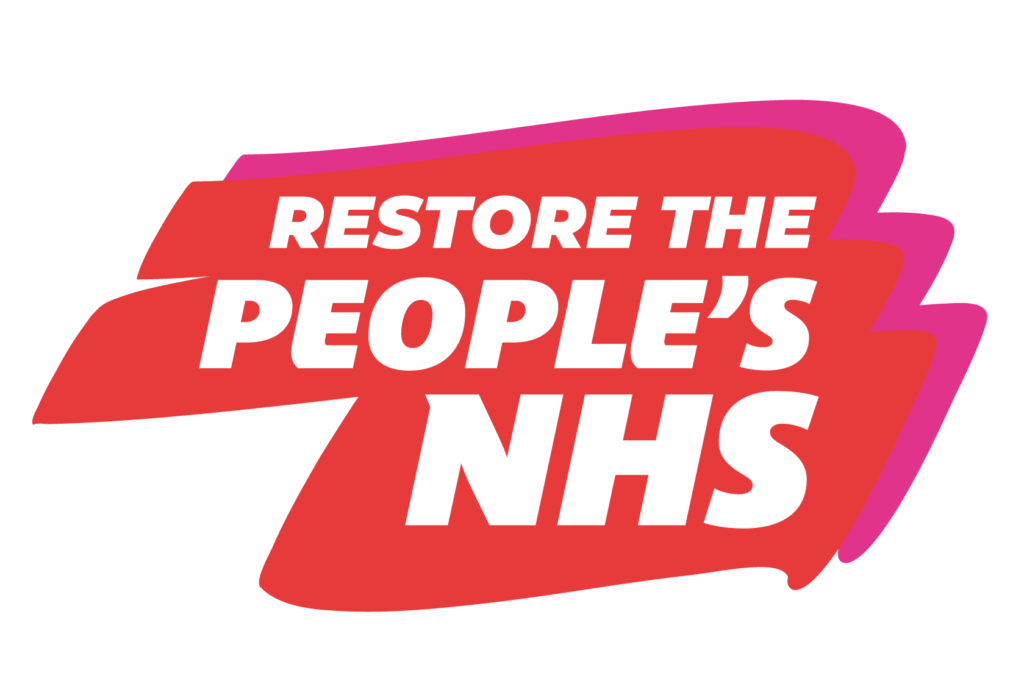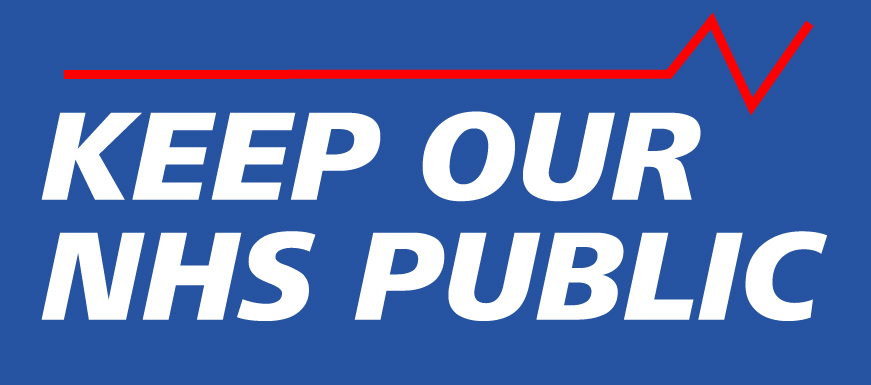
GPs are working harder than ever, but there aren’t enough of them, Their workload has increased to an unmanageable level, putting them under severe pressure. Each GP in England saw an average of 8,534 patients in 2022 (up from 8,351 in 2019); workload has also increased as the NHS shifts care responsibility from hospital to community. The result is it is harder to see a GP and the loss of continuity of care is linked to worse health outcomes. Patients find it more difficult to get GP advice but it is not GPs who are at fault: the Government must invest in more GPs and practice staff, ensuring continuity of care for all – we need 7,000 more GPs to meet current needs.
WHAT ARE THE FACTS?
- GP funding has fallen from 10.4% of the NHS budget in 2004/5 to 8% now
- In 2020, the Government promised 6,000 more GPs by 2025; there are close to 1800 fewer full-time qualified GPs than in 2015
- 4200 current GP shortages, expected to grow to 8,800 by 2031 – around 1 in 4 of projected GP posts
- 1 in 4 GPs know a colleague who has died by suicide; 51% have lost staff due to workload; 48% say GPs have left due to mental health or ‘burnout’; 84% have felt anxiety, stress or depression in the last year; more than half of GPs and their staff (56%) have experienced mental abuse in the past year
- GPs in the UK have some of the highest stress levels and lowest job satisfaction in a survey of 10 countries
- Most GPs are working full time; a quarter of GPs are working 50 hours or more
- 1000s of newly qualified GPs are now finding there may be no job for them to take up
- Funding for additional practice staff (Additional Roles Reimbursement Scheme) cannot be used to employ a GP, despite the urgent shortages
- Much less qualified Physician Associates (PAs), however, can be employed; this raises patients safety concerns
WHAT MUST HAPPEN NOW?
- Invest to restore patient access and prioritise continuity of care with the GP
- Reintroduce personal GP lists capped to a safe number of patients per GP
- Embed health and wellbeing services in community; focus on health promotion
- Fund enough staff to keep patients safe and promote retention and returnees
- Target investment to disadvantaged/underserved areas
- Modernise IT, equipment and practice buildings
- End unfunded, unresourced clinical work shifting from hospitals to GPs
- Stop new private Alternative Provider of Medical Services (APMS) contracts and phase out existing APMS
- The BMA code of practice on Medical Associate Professionals should be implemented to keep patients safe, making sure PAs have clearly defined roles and are adequately supervised
- Proposals to reorganise general practice and exclude GPs from ‘same day’ care must be abandoned
- Invest in community nursing, social care, public health, palliative and end of life care
